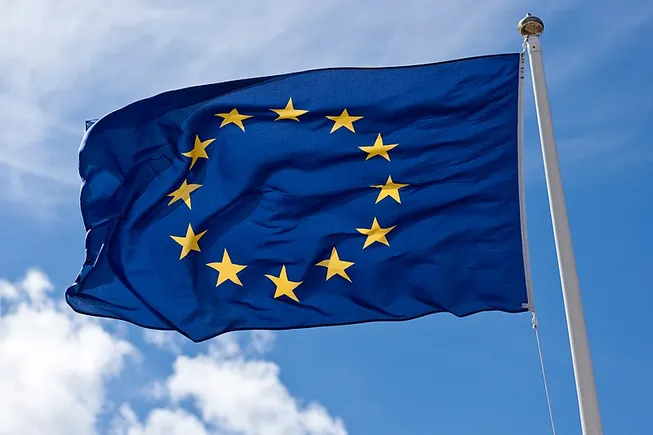TL;DR Summary of U.S. Pushback Against EU Digital Services Act Aims to Ease Meta’s Regulatory Burden
Optimixed’s Overview: How U.S. Diplomatic Efforts Could Reshape Tech Regulation in Europe
Background on the Digital Services Act and U.S. Concerns
The European Union’s Digital Services Act (DSA) imposes stringent rules on social media platforms regarding user data handling, content moderation, and transparency. While designed to protect users and ensure accountability, the DSA has led to significant fines and operational challenges for U.S.-based tech giants, particularly Meta.
- Meta’s penalties: Over the past three years, Meta has incurred fines exceeding $1 billion annually due to EU regulations.
- Trade and political response: The Trump administration views these regulations as unfair trade barriers and restrictions on free speech.
U.S. Diplomatic Strategy and Meta’s Alignment
To counter the DSA’s impact, the U.S. government, led by Secretary of State Marco Rubio, has directed diplomats in Europe to actively lobby against the DSA. This diplomatic push involves:
- Engaging with EU governments and digital regulators to express concerns about the DSA’s financial and operational costs.
- Amplifying arguments that the DSA stifles free expression and innovation.
- Using trade leverage, exemplified by past threats to impose tariffs and halt trade talks over similar digital taxes.
Meta has strategically aligned itself with the Trump administration by adopting policies favored by the administration and appointing key Republican figures to senior roles, aiming to influence regulatory landscapes favorably.
Potential Implications for Tech Regulation and Users
The escalating diplomatic and political efforts could result in:
- Relaxation of EU regulatory provisions that currently burden U.S. tech firms.
- A broader debate on the balance between freedom of expression, user protection, and corporate accountability.
- Possible shifts in how global tech companies operate within European markets.
While reduced regulation might benefit businesses financially and operationally, the impact on user rights and protections remains uncertain. This evolving situation sets the stage for a significant transatlantic showdown over digital policy and market control.
